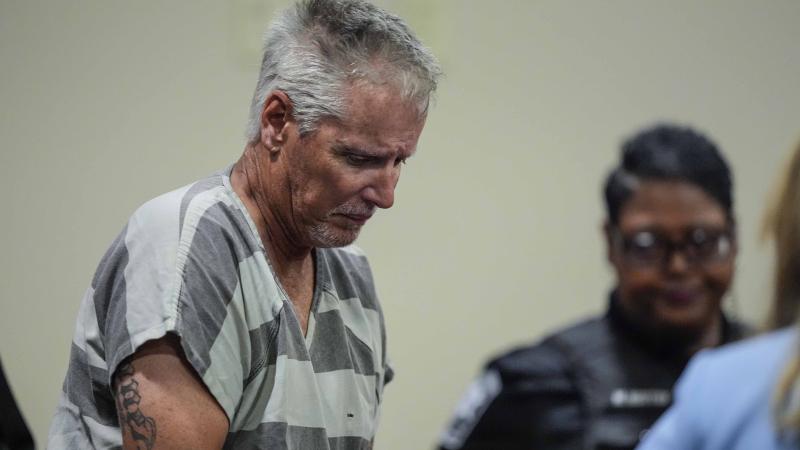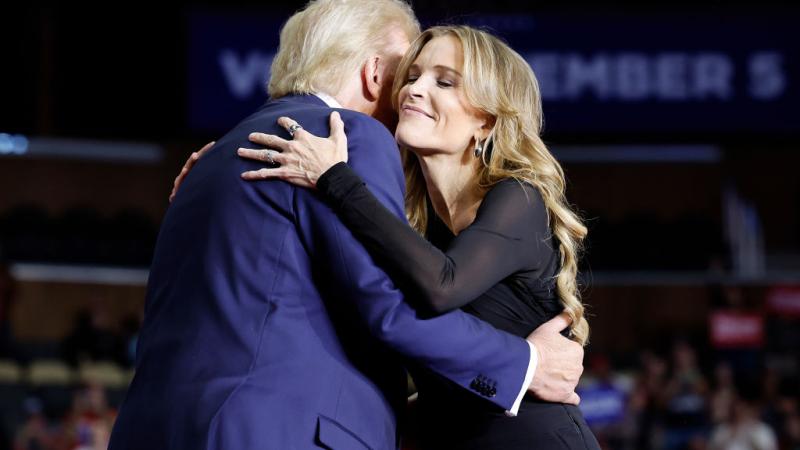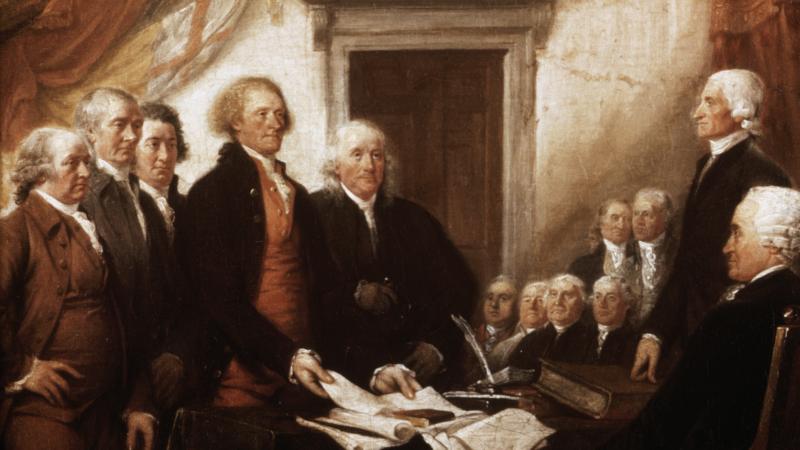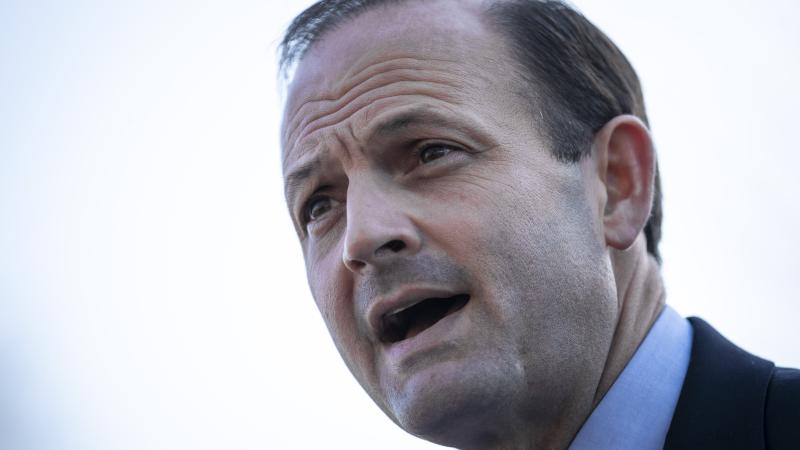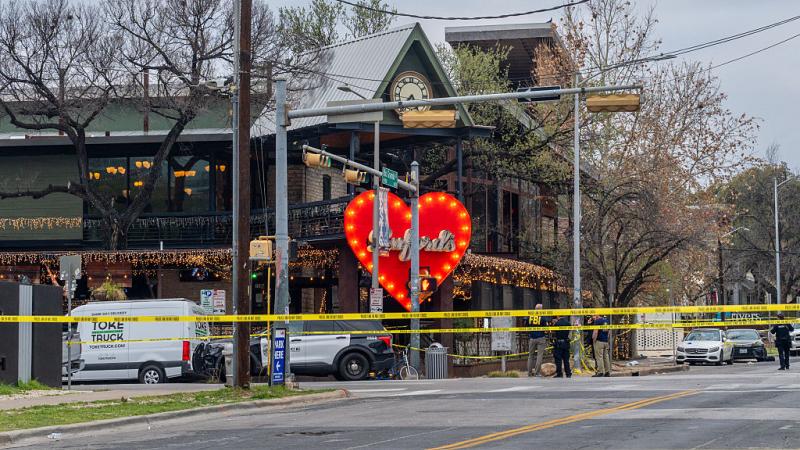BLM Boomerang: Voters get chance to bulk up police after defunding sparked crime wave
From New York City to Seattle, candidates leading in the polls are backing police and even offering to hire more cops.
Following the Black Lives Matter protests and riots last summer, many cities across the U.S. — even some that favored the "defund the police" movement — are now seeking to re-fund the police amid growing voter concern about rising crime.
In Minneapolis, a ballot proposal for Tuesday allows voters to decide whether or not the city's police department and its required minimum of officers will be replaced with a new Department of Public Safety, the Associated Press reported.
The proposal came after George Floyd was killed in police custody in June 2020.
The new Department of Public Safety would take "a comprehensive public health approach to the delivery of functions" that the mayor and city council would determine, according to the AP.
There have been 80 homicides in Minneapolis in 2021 alone, as the police force has been cut down by 300 officers from the authorized 888.
Medaria Arradondo, the city's first black police chief, urged voters recently to reject the ballot proposal, saying that giving city council members more oversight over policing would be "wholly unbearable."
"Everybody says we want the police to be held accountable, and we want fair policing," said Marques Armstrong, a black Minneapolis activist and owner of a mental health practice and a clothing store. "No one has said we need to get rid of the police. There needs to be a huge overhaul from the ground up, but we need some form of community safety because over here shots are ringing out day and night."
According to a recent Pew Research Center poll, 47% of adults say that spending on policing in their area should be increased, compared to just 31% in June 2020.
A total of 37% say spending should stay the same, whereas 15% say it should be decreased, down from 25% in 2020.
In Cleveland, a ballot question on whether or not a civilian commission that would hire and fire police officers should be created is a primary issue in the city's mayoral election, the Washington Post reported.
Justin Bibb, a 34-year-old black nonprofit executive, supports the proposal, while City Council President Kevin Kelley, a white 54-year-old, argues that it will divert resources away from city police.
Cleveland had a total of 177 homicides last year, and the pace is accelerating this year.
"From everything we have seen, from polling to knocking on front doors, to any conversation we have had with people, crime and safety is the absolute number-one issue in every neighborhood in the city of Cleveland," Kelley said. "We are already down almost 200 uniformed police officers, and we just cannot afford this risk" of enacting the ballot proposal.
"I will not run away from this narrative that you can’t have effective law enforcement while also focusing on police accountability and equal justice under the law," Bibb argued.
He criticized the defund-the-police narrative. "It was the worst label and the worst branding in American political history," he said. "It boxed many of us in because anytime we talk about police accountability or police reform, the other side says it is 'defund the police' and we don't support police officers."
In New York City, the Democratic mayoral candidate is former New York Police Department captain Eric Adams, who campaigned and won the party's primary on fighting crime.
In Atlanta's mayoral race, two Democratic candidates are attempting to one-up each other on how many police officers they plan on hiring.
Atlanta City Council President Felicia Moore has said she plans to hire 250 police officers, while former Mayor Kasim Reed wants to add 750 police officers, according to Reuters.
Homicides have increased 60% in Atlanta since 2019, the wire service reported.
In Buffalo, N.Y., democratic socialist and community activist India Walton, who beat Democratic incumbent Mayor Byron Brown in the primary, is shying away from using the term "defund the police," even as she is supporting diverting $7.5 million away from the $86 million annual budget of the city's police department.
"In her capacity as an activist, during the uprisings last summer, she was really speaking from a place of resistance to injustice," said her campaign spokesperson, Jesse Myerson, according to Reuters. "Obviously, that's a very different posture than the sort of cooler-headed, more intellectually studied posture of a candidate for office."
In Boston's mayoral race, City Council member Annissa Essaibi George has accused leading candidate Michelle Wu of wanting to defund the police, which the latter denies.
Last year, Wu called for a 10% cut to the police budget, but her mayoral campaign has not mentioned a specific number as it emphasizes changes like responding to emergency calls for the mentally disturbed or homeless with civilians, the wire service reported.
"Michelle has always said that we need to invest more in the intersection of public health and public safety," said Sarah Anders, Wu's campaign spokesperson. "Michelle thinks that it's less about pinpointing any one number and more about the reforms that we need."
In Seattle, which saw many riots last year, City Council President Lorena Gonzalez, who is running for mayor, had supported halving the police budget last year and investing the money into social programs, according to Reuters.
She is now trailing fellow Democrat and former Council President Bruce Harrell, who is in support of hiring more police in addition to police reforms.




